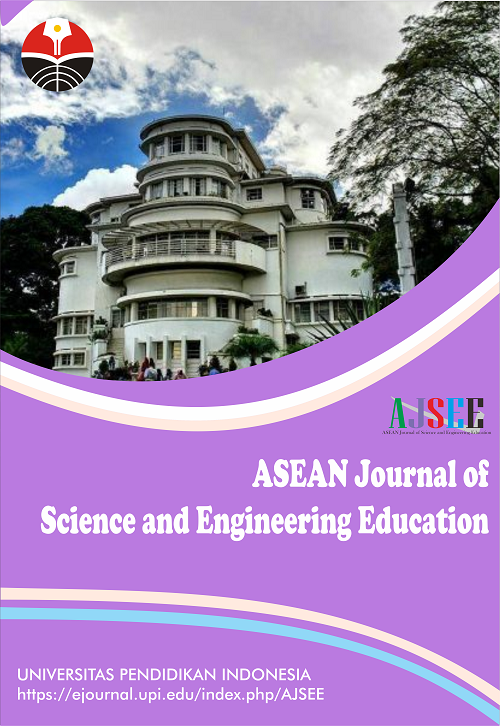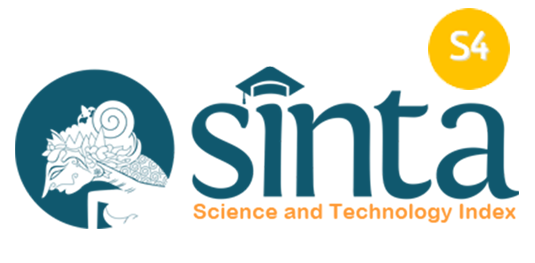The Scientific and Practical Significance of The Paradigm of The Development of Scientific Support of the 10th Technological Order in The World Economy
Abstract
Keywords
Full Text:
PDFReferences
Feldman, P. Y. (2016). The policy of coordinating interests as a direction of state policy: Structural and functional analysis. International Relations, 3, 272-278.
Glazyev, S. Y. (2016). World economic structures in global economic development. Economics and Mathematical Methods, 52(2), 3-29.
Gluchshenko, V. V. (2021a). Tasks of system analysis of the sixth technological order. Kazakhstan Science Journal, 4(3), 22-34.
Glushchenko, V. V. (2018a). Development of the methodology of crisis research and anti-crisis management (to the 10th anniversary of the beginning of the global systemic crisis of 2008). Bulletin of Science and Practice, 4(9), 333-354.
Glushchenko, V. V. (2018b). General theory of human rights (science of the rights of individuals and legal entities). Bulletin of Science and Practice, 4(8) 303-339.
Glushchenko, V. V. (2020a). Neurogeopoliticology and methodological aspects of strategic management of geopolitical risk. Modern Scientific Research and Innovation, 4(108), 34.
Glushchenko, V. V. (2020b). Tools for the development of a neurotechnological platform in mechanical engineering of the sixth technological order. Kazakhstan Science Journal, 1(14), 44-63.
Glushchenko, V. V. (2020c). Mechanism for managing the development of the sixth technological order in the national economy. Polish Scientific Journal, 4(25), 14-24.
Glushchenko, V. V. (2020d). Scientific theory of brands, branding and rebranding (brandology) and the tasks of its practical use in organizations. Bulletin of Science and Practice, 6(5), 326-345.
Glushchenko, V. V. (2021b). Development of a program for the adaptation of the transport engineering enterprise to the sixth technological order. Modern Scientific Research and Innovation, 3(119), 22.
Glushchenko, V. V. (2021c). The mission and essence of the theory of technological orders. International Journal of Engineering Science Technologies, 5(4), 65-82.
Glushchenko, V. V. (2021d). Management system for the development of industrial social relations of a new technological order. International Journal of Scientific Advances (IJSCIA), 2(4), 554-563.
Glushchenko, V. V. (2022a) Technological theory of money and the science of money in the conditions of the 9th techno-logical order. International Journal of Research-Granthaalayah, 10(2), 85–111.
Glushchenko, V. V. (2022b). Crisis ology as a methodology for the study of crises associated with the process of forming a new technological order. International Research Journal, 6(120), 120-126.
Glushchenko, V. V., and Glushchenko, I. I. (2016). The essence of the monetary innovation multiplier in the economy. Bulletin of Science and Practice, 3, 77-88.
Glushchenko, V. V., and Glushchenko, I. I. (2020). Strategic risk management of innovation activity in mechanical engineering. Bulletin of Mechanical Engineering, 2, 80-88.
Kozina, E. V. (2016). Modern approaches to enterprise modernization. New Science: Strategies and Vectors of Development, 3(70), 182-184.
Ravochkin, N. (2021). Transnational corporations and civil society as network society actors. Artificial Societies, 16(2), 1-10.
Sviridova, E. V. (2018). Modernization of fixed assets at the enterprise and their features. Bulletin of Modern Research, 1(16), 214-215.
Vertakova, Y. V. (2015). Cluster policy and tools for structural transformations of regional socio-economic systems. In the collection: Cluster initiatives in the formation of a progressive structure of the national economy. Collection of Scientific Papers of The International Scientific and Practical Conference, 2, 11-14.
Vilovatykh, A.V. (2020). Probable models of the transformation of the world order in the context of the formation of the digital age. Free Thought, 6, 85-98.
Vladimirovich, G. V. (2021). Project approach in higher engineering education. Education, 19, 5-25.
DOI: https://doi.org/10.17509/ajsee.v3i3.50465
Refbacks
- There are currently no refbacks.
Copyright (c) 2022 Universitas Pendidikan Indonesia

This work is licensed under a Creative Commons Attribution-ShareAlike 4.0 International License.














